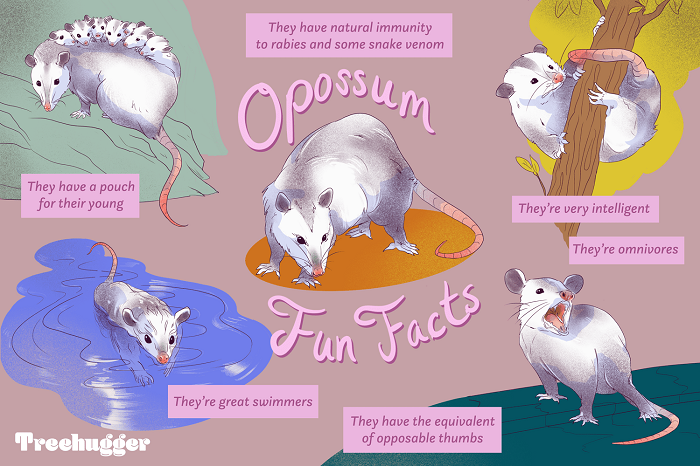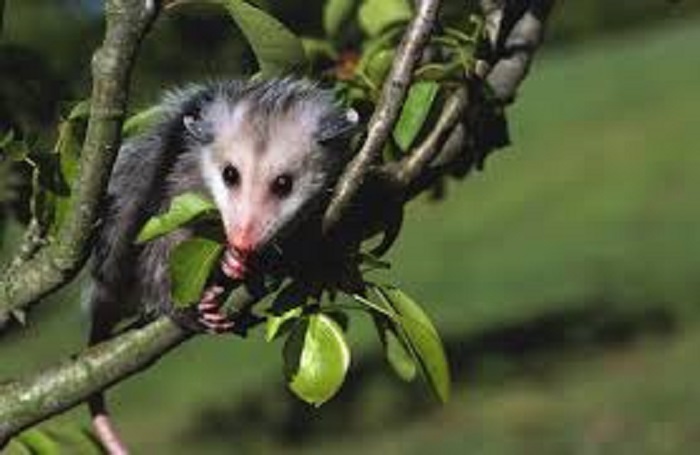Opossums, often misunderstood creatures, play a vital role in the ecosystem by controlling pest populations and serving as scavengers. However, questions arise about their potential to carry diseases and transmit them to humans and other animals. In this comprehensive guide, we’ll delve into the world of opossums, exploring the truth behind disease transmission, associated risks, and practical precautions.
Understanding Opossums

- Ecological Role: Opossums are marsupials native to the Americas, known for their distinctive appearance and behavior.
- Dietary Habits: Their omnivorous diet includes insects, small mammals, fruits, and carrion, making them effective scavengers.
- Habitat: Opossums are adaptable creatures, inhabiting diverse environments ranging from forests and urban areas to farmlands.
Opossums and Disease Transmission
- Common Misconceptions: Opossums are often unfairly associated with disease transmission due to their scavenging nature.
- Zoonotic Diseases: While opossums can harbor various pathogens, the risk of transmission to humans is relatively low.
- Key Diseases: Diseases potentially carried by opossums include leptospirosis, tularemia, and spotted fever group rickettsioses.
- Transmission Routes: Transmission to humans typically occurs through direct contact with opossum feces, urine, or contaminated environments.
Health Risks Associated with Opossums
- Leptospirosis: A bacterial infection transmitted through contact with contaminated water or soil, leading to flu-like symptoms.
- Tularemia: Caused by the bacterium Francisella tularensis, tularemia can be contracted through contact with infected animals or their habitats.
- Rickettsial Infections: Opossums may carry rickettsial bacteria, leading to diseases like Rocky Mountain spotted fever.
Precautionary Measures

- Avoiding Direct Contact: Minimize contact with opossums, their feces, and urine to reduce the risk of disease transmission.
- Proper Waste Management: Secure trash cans and remove potential food sources to deter opossums from frequenting residential areas.
- Protective Gear: When handling opossums or cleaning potentially contaminated areas, wear gloves and protective clothing.
- Pet Safety: Keep pets away from opossums and their habitats to prevent possible encounters and disease transmission.
Managing Opossum Populations
- Humane Removal: If opossums become a nuisance, consider contacting wildlife professionals for humane removal and relocation.
- Natural Predators: Encourage the presence of natural predators like owls and coyotes, which help regulate opossum populations.
- Habitat Modification: Seal off potential entry points to prevent opossums from nesting in attics, crawl spaces, or under decks.
While opossums may carry diseases, the risk of transmission to humans is relatively low when proper precautions are taken. By understanding their role in the ecosystem and implementing practical measures to minimize contact, we can coexist with these fascinating creatures while safeguarding our health and well-being. Remember, knowledge and awareness are key to fostering a harmonious relationship with opossums and the environment they inhabit.


